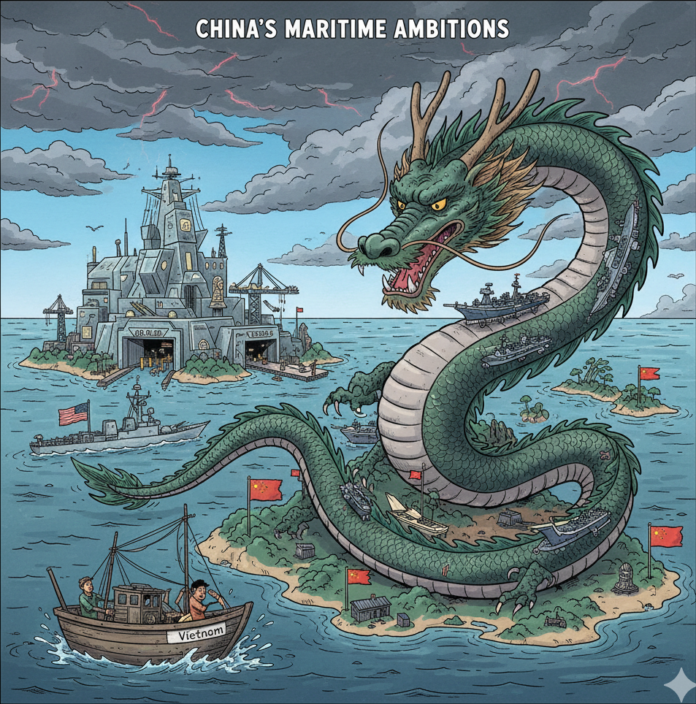Iran’s Revolutionary Guard Corps (IRGC) has recently made bold claims about their ability to shut down the Strait of Gibraltar, a key maritime route that links the Atlantic Ocean to the Mediterranean Sea. The IRGC’s coordinating commander, Brigadier General Mohammad Reza Naqdi, was quoted by Tasnim news agency as saying, “They shall soon await the closure of the Mediterranean Sea, (the Strait of) Gibraltar and other waterways.”
This statement has raised concerns about Iran’s intentions and capabilities in the region. It is important to note that Iran does not have direct access to the Mediterranean Sea, which raises questions about how they would be able to actually carry out such a threat. Naqdi mentioned “the birth of new powers of resistance and the closure of other waterways,” indicating a broader strategy that may involve disrupting key maritime routes in the region.
Furthermore, Naqdi claimed that Iran had effectively made the Persian Gulf and the Strait of Hormuz “a nightmare” for their adversaries, suggesting that they are looking to expand their influence and control over more strategic waterways. He also mentioned that their enemies are now “trapped” in the Red Sea, hinting at Iran’s growing assertiveness in maritime affairs.
It is important for the international community to closely monitor Iran’s actions and statements regarding maritime security. The threat to shut down the Strait of Gibraltar, even if it seems unrealistic at the moment, should not be taken lightly. The Strait of Gibraltar is a vital chokepoint for global maritime trade, and any disruption could have serious implications for global economic stability.
In conclusion, Iran’s threats to close off key waterways like the Strait of Gibraltar are a cause for concern and should be carefully evaluated by policymakers and security experts. It is essential to ensure the continued safety and security of maritime routes and prevent any actions that could escalate tensions in the region.




